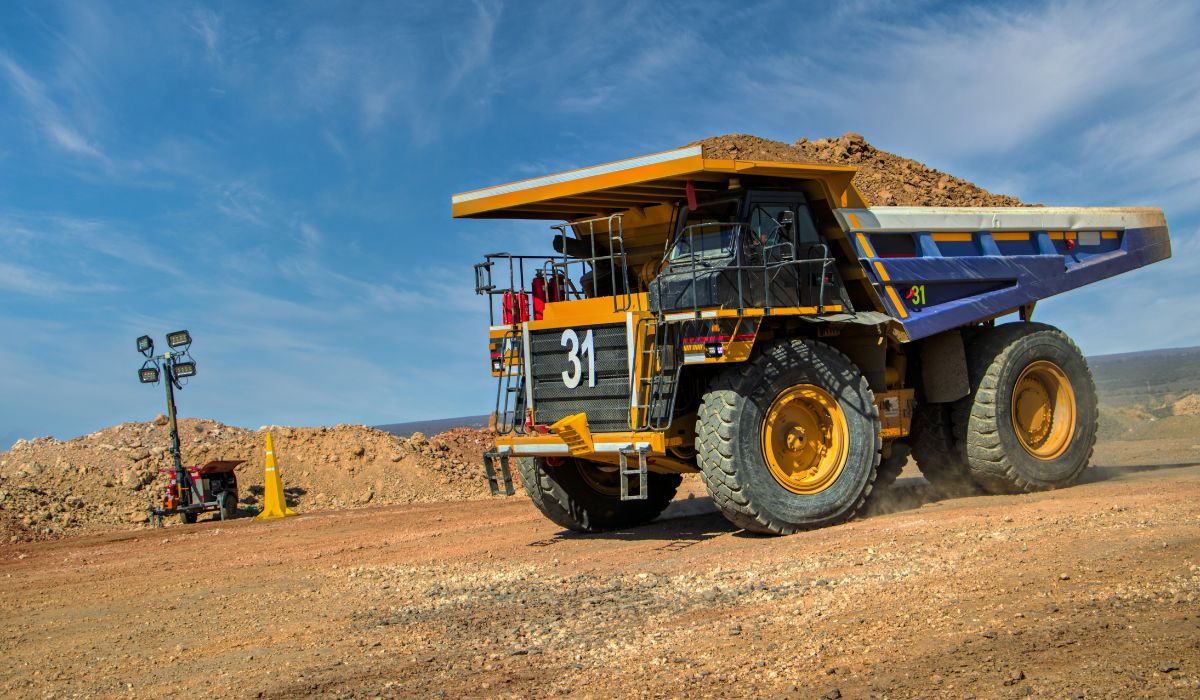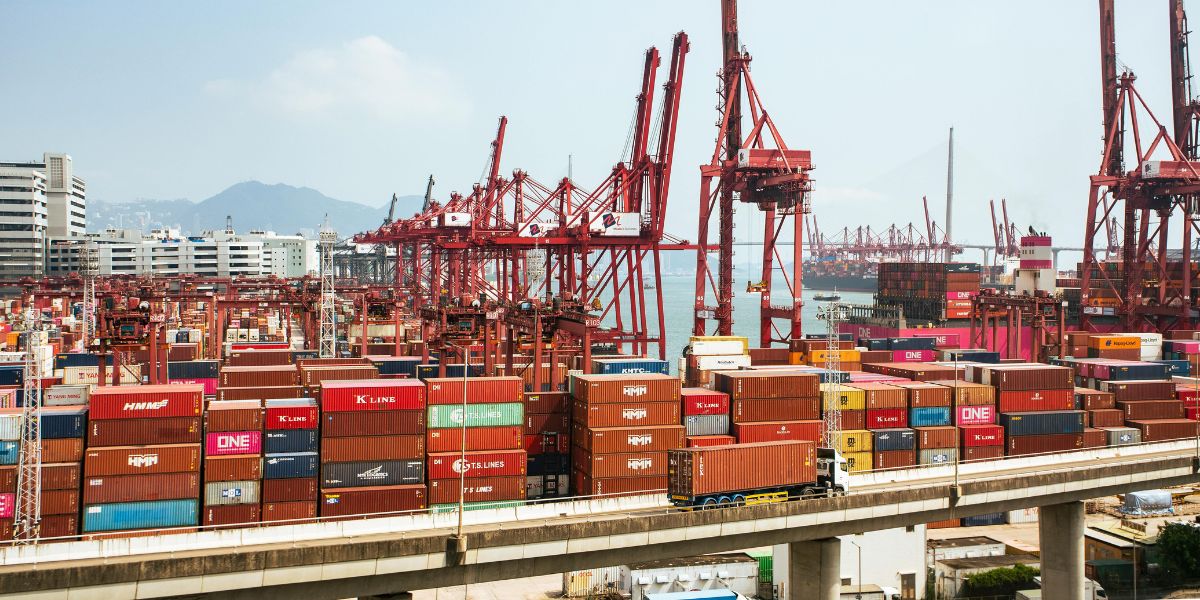
Farmers are known for their grit and self-sufficiency. They work long hours, often outdoors, facing whatever weather comes their way. This kind of work comes with its own set of challenges, and being prepared for those challenges is important.
Whether you're a traditional farmer tending sprawling fields or a modern vertical farmer pushing the boundaries of indoor agriculture, one thing remains constant: the potential for unforeseen circumstances.
This is where farm insurance (also known as agriculture insurance) steps in, acting as a vital safety net for both the well-being of your workers and the financial stability of your operation. Let's first learn about some dangers that lurk beneath the surface of both traditional and vertical farming, and how insurance provides a shield against these threats.
Common Ground: Risks Shared by All Farmers
Despite the differences in their approaches, both traditional and vertical farmers face a similar set of hazards:
- Health and Safety: Farming is a physically demanding profession. Working with heavy machinery, tools, and potentially hazardous chemicals exposes farmers to the risk of injuries, ranging from cuts and falls to exposure to harmful substances.
- Financial Pressures: The agricultural industry is a volatile one. Farmers face the constant threat of fluctuating market prices, which can significantly impact their income. Additionally, the burden of loans, mortgages, and operational costs can be exacerbated by factors like crop failures or equipment breakdowns.
- Operational Challenges: Finding and retaining skilled labour, especially during peak seasons, can be a major hurdle. Disruptions in the supply chain, hindering access to essential resources like seeds and fertilisers, can further disrupt operations.
Beyond the Basics: Unique Risks for Vertical Farms
While traditional farm risks like chemical exposure persist, vertical farms add unique challenges. Working on elevated platforms or tiers increases the risk of slips and falls. Additionally, automated systems used for planting, irrigation, and lighting can malfunction or move unexpectedly, posing hazards to workers. Electrical equipment and wiring are also prevalent in these indoor farms, requiring proper installation and maintenance to prevent accidents.
Beyond physical dangers, vertical farms present ergonomic challenges. Repetitive tasks like seeding and transplanting can lead to muscle strain, particularly when workstations aren't ergonomically designed. Lifting heavy trays, containers, or equipment also poses a risk of injury.
The indoor environment itself presents unique considerations. While temperature is generally controlled, fluctuations can still occur, leading to heat stress or cold exposure for workers. High humidity levels can cause discomfort and respiratory problems.
Don't let risk hold you back! get a free quote & find the right farm insurance for your needs.
Workers' Compensation in the Agricultural Sector

In Australia, ensuring the well-being of your employees is not just good practice, it's the law. All agricultural businesses, including innovative vertical farms, are legally required to hold workers' compensation insurance. This insurance acts as a safety net, providing financial support to your workers in case of a work-related injury or illness.
Workers compensation insurance covers a wide range of issues that can arise on the farm. This includes:
- Physical injuries: From cuts and bruises sustained while operating machinery to sprains and broken bones from falls, workers compensation can help cover medical expenses, lost wages, and rehabilitation costs.
- Repetitive strain injuries (RSIs): The repetitive nature of many agricultural tasks can lead to RSIs like carpal tunnel syndrome or back pain. Workers compensation insurance can provide financial assistance for treatment and recovery from these conditions.
- Exposure to chemicals: Farm workers can be exposed to various chemicals, including fertilisers, pesticides, and cleaning agents. If a worker experiences health problems due to such exposure, workers compensation insurance can help manage the associated medical costs.
Farmer insurance will cover risks including those specific to vertical farming environments
- Slips, Trips, and Falls: Working on elevated platforms or tiers in vertical farms increases the risk of falls. Workers compensation can help cover medical expenses, lost wages, and rehabilitation costs if a worker suffers a fall.
- Repetitive Strain Injuries (RSIs): Many vertical farming tasks involve repetitive motions like seeding, transplanting, and pruning. Workers' compensation can provide financial assistance for treatment and recovery from RSIs caused by ergonomic challenges in the workplace.
- Automation Hazards: Malfunctions or unexpected movements of automated systems used for planting, irrigation, and lighting can pose dangers to workers. Workers compensation can offer financial support if a worker is injured due to an automation malfunction.
Click here to learn about some important facts regarding worker compensation insurance.
Workers' Compensation and New Farming Techniques

The rise of innovative farming techniques like vertical farming brings exciting possibilities but also introduces the potential for new and unique risks for workers. Workers' compensation insurance plays an important role in mitigating these risks:
- Falls from Heights: Vertical farms often utilise elevated platforms and tiers. Workers' compensation can provide financial support for medical expenses and lost wages if a worker suffers a fall.
- Exposure to LED Lighting Systems: Long-term exposure to specific wavelengths of LED lighting used in vertical farms is a developing area of research. Workers' compensation can offer protection if any health concerns related to LED exposure arise in the future.
- Ergonomic Hazards Due to Repetitive Tasks in Confined Spaces: The controlled environment and focus on automation in vertical farms can lead to repetitive tasks performed in confined spaces. Workers' compensation can help cover costs associated with repetitive strain injuries (RSIs) caused by ergonomic challenges.
While Workers' Compensation protects workers in case of accidents or illnesses, it's important to consider additional insurance options like farmers life insurance. Life insurance provides a financial safety net for your employees' families in the unfortunate event of a worker's passing.
At Connect Business Insurance, we understand the diverse needs of farmers, from traditional field cultivation to the latest vertical farming techniques.
We offer comprehensive insurance solutions to protect your farm, your employees, and your livelihood, including:
- Workers' compensation: Ensure your employees are financially protected in case of a work-related injury or illness.
- Farm property and equipment insurance: Safeguard your land, buildings, and essential tools and equipment against unexpected damage.
- Public liability insurance: Shield your farm from financial repercussions if a third party is injured on your property.
Get a free quote today! Let our experienced professionals help you create a customised insurance plan that fits your specific farming operation and protects what matters most.
Or just contact us and we will help you choose the best insurance policy according to your need.
Read More:
Agriculture insurance options available in Australia
Note: The material offered here is for informational purposes only. It does not constitute legally binding advice and should not be a substitute for a consultation with an insurance expert.






.svg)




